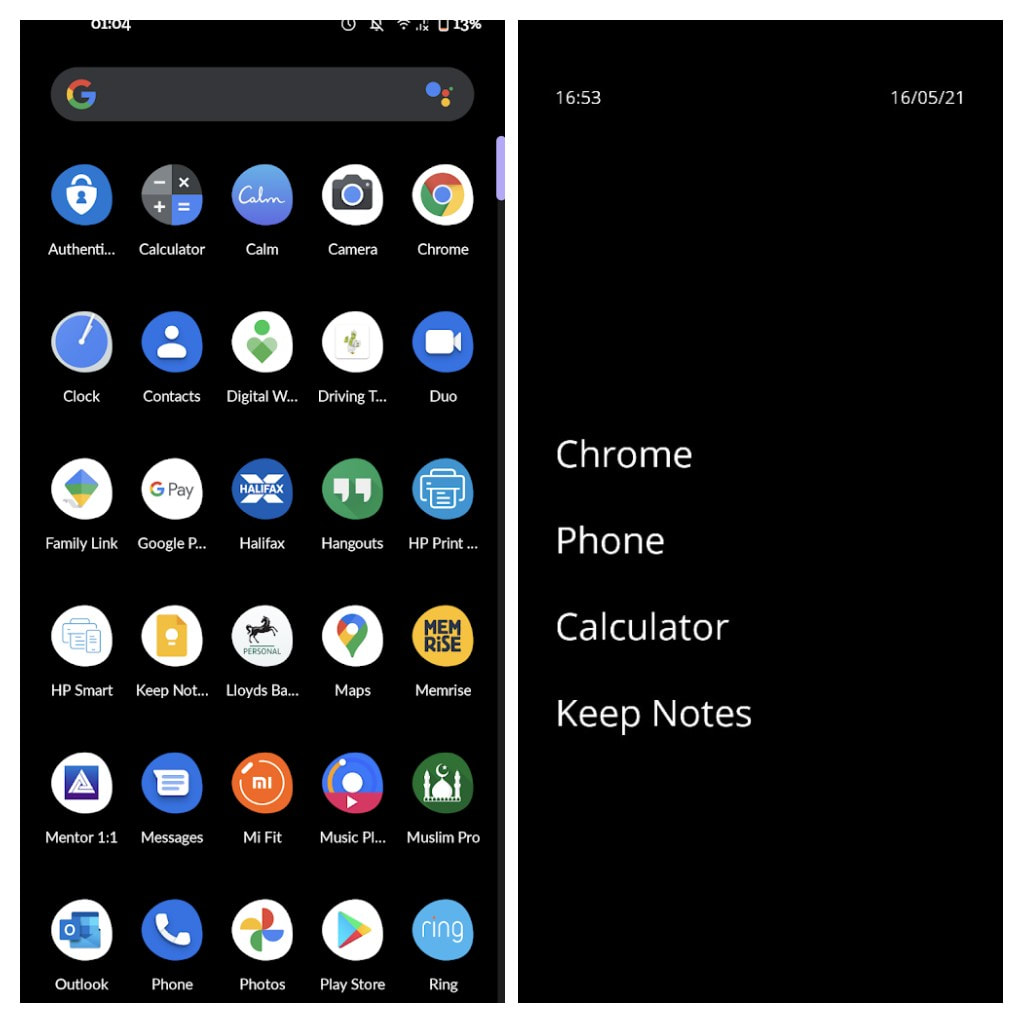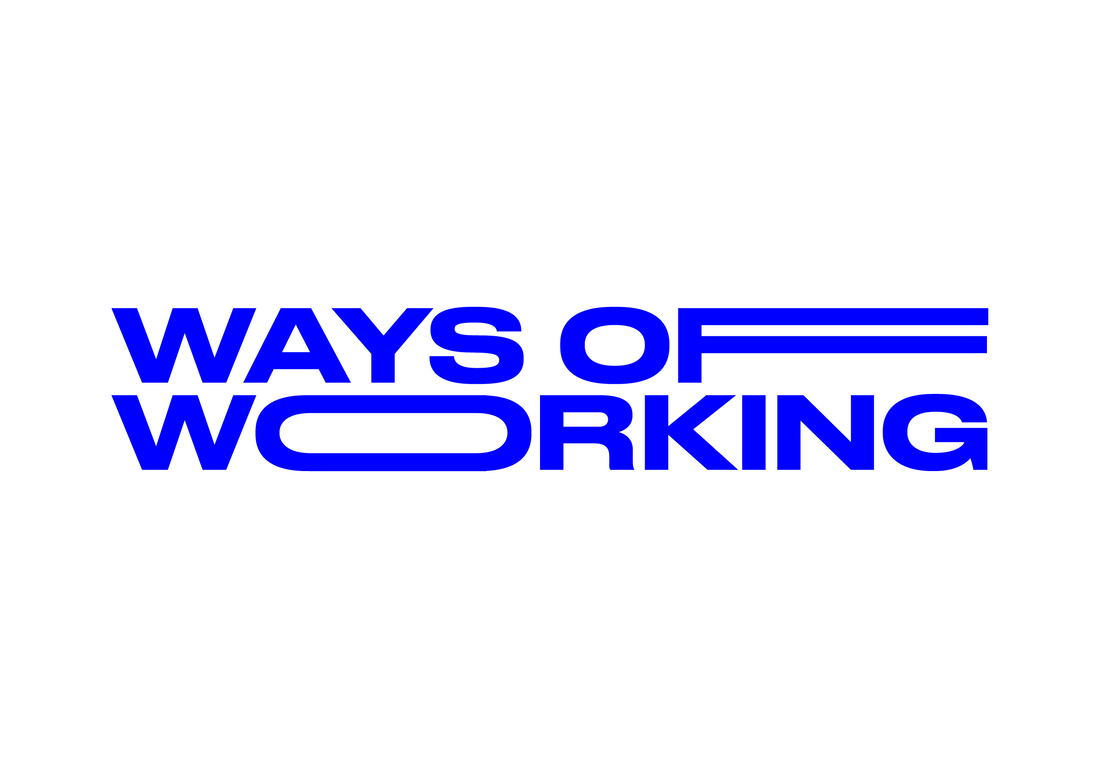|
Humiraa Firdaws BA IVM “The difference between technology and slavery is that slaves are fully aware that they are not free.” —Nassim Nicholas Taleb Social media is ubiquitous. It’s in our pockets, under our pillows and constantly on our minds. In an age where it seems like every designer, artist, poet, dancer etc. has an online presence acting as a portfolio, it begs the question what happens if you don’t use social media? In her book, F*ck Being Humble: Why self-promotion isn't a dirty word, Stefanie Sword Williams describes social media as an online vetting process through which people form their initial opinions of you. A digital validation process that is here to stay. One post of yours could be the make or break of your career, but if you are not online how can people discover you? (Williams, 2020) Williams argues that your assumption that employers will just find you is more arrogant than just going ahead and sharing your work. “From not regularly updating your platforms to shying away from asking for referrals or sharing personal work, there is still a significant disconnect between the lives we want to lead and our ability to build and maintain them. We expect the pay rises, the recognition and the belief from others, but we don’t give people enough reason to provide them … and then we complain when all our stars don’t perfectly align.” - Stefanie Sword Williams In the 1950s Leon Festinger identified what he called ‘social comparison theory when people are unable to evaluating their own opinions, they incline towards comparing themselves with others. This is one of the major issues with social media because it induces feelings of anxiety and depression, especially amongst members of Gen-Z. In his book Digital Minimalism: On Living Better with Less Technology, Cal Newport states ‘Outsourcing your autonomy to an attention economy conglomerate—as you do when you mindlessly sign up for whatever new hot service emerges from the Silicon Valley venture capitalist class—is the opposite of freedom, and will likely degrade your individuality.’ Newport explains how we are now able to completely expel solitude from our lives. This in turn affects our levels of creativity, happiness and general life satisfaction. Newport discovered that tech companies encourage behavioral addiction via intermittent positive reinforcement and the drive for social approval. Newport argues that you do not need social media; as a creative you can spend the time you would do scrolling through feeds on actually upskilling and improving your practise. As someone with a shaky track record of posting work to Instagram this sounds appealing but then I also agree with Williams who says ‘You could spend your entire life waiting to perfect a skill – and in doing so, miss out on the chance to discover how good you really are.’ The dilemma seems to be to post or not to post? In her book How to Break Up With Your Phone: The 30-Day Plan to Take Back Your Life, Catherine Price explains the effects on technology (specifically mobile phones) on creativity and the ability to come up with ideas. Our brains contain networks of memories called schemas that allow us to form ideas. ‘The more nuanced and detailed your schemas are, the greater your capacity for complex thought.’ (Price, 2018) However if our brains are overloaded and cluttered with likes, shares and retweets is significantly reduces our ability to reflect and produce meaningful and new insights. After reading these books and watching many Ted talks, it seems the answer is: balance. As Newport says ‘It’s about cultivating a life worth living in our current age of alluring devices’. I want to have a personal brand and an online presence because there are many benefits to social media but I don’t want to be sucked into the rabbit hole of social comparison and anxiety over likes and shares. Price explains that ‘our goal isn’t abstinence; it’s consciousness’. I have learnt that it is possible to be on social media and also be mindful about it and not lose your sanity in the process. Whether is setting up time limits or scheduling posts automatically, there are ways in which we can fit the ever-growing presence of technology and social media into our lives as creatives. One of the ways in which I have started doing this is to give my phone a makeover, making it less like being a kid in a candy shop and more about making intentional and mindful choices. Bibliography
Newport, C. (2020) Digital Minimalism: On Living Better with Less Technology by Cal Newport Williams, S. (2020) F*ck Being Humble: Why self-promotion isn't a dirty word by Stefanie Sword-Williams Price, C. (2018) How to Break Up With Your Phone: The 30-Day Plan to Take Back Your Life, Catherine Price (2020) The flip phone manifesto | David Amadio | TEDxLincolnUniversity. Available at https://www.youtube.com/watch?v=SjzxsTG6OaE (2017) How a handful of tech companies control billions of minds every day | Tristan Harris. Available at https://www.youtube.com/watch?v=C74amJRp730 (2013) A year offline, what I have learned | Paul Miller | TEDxEutropolis . Available at https://www.youtube.com/watch?v=trVzyG4zFMU&t=177s (2016) How Smartphones Change The Way You Think | Jeff Butler | TEDxHilliard . Available at https://www.youtube.com/watch?v=pWvSwX-jq7o (2016) Quit social media | Dr. Cal Newport | TEDxTysons. Available at https://www.youtube.com/watch?v=3E7hkPZ-HTk
0 Comments
Leave a Reply. |
Archives
December 2021
Categories |


 RSS Feed
RSS Feed
